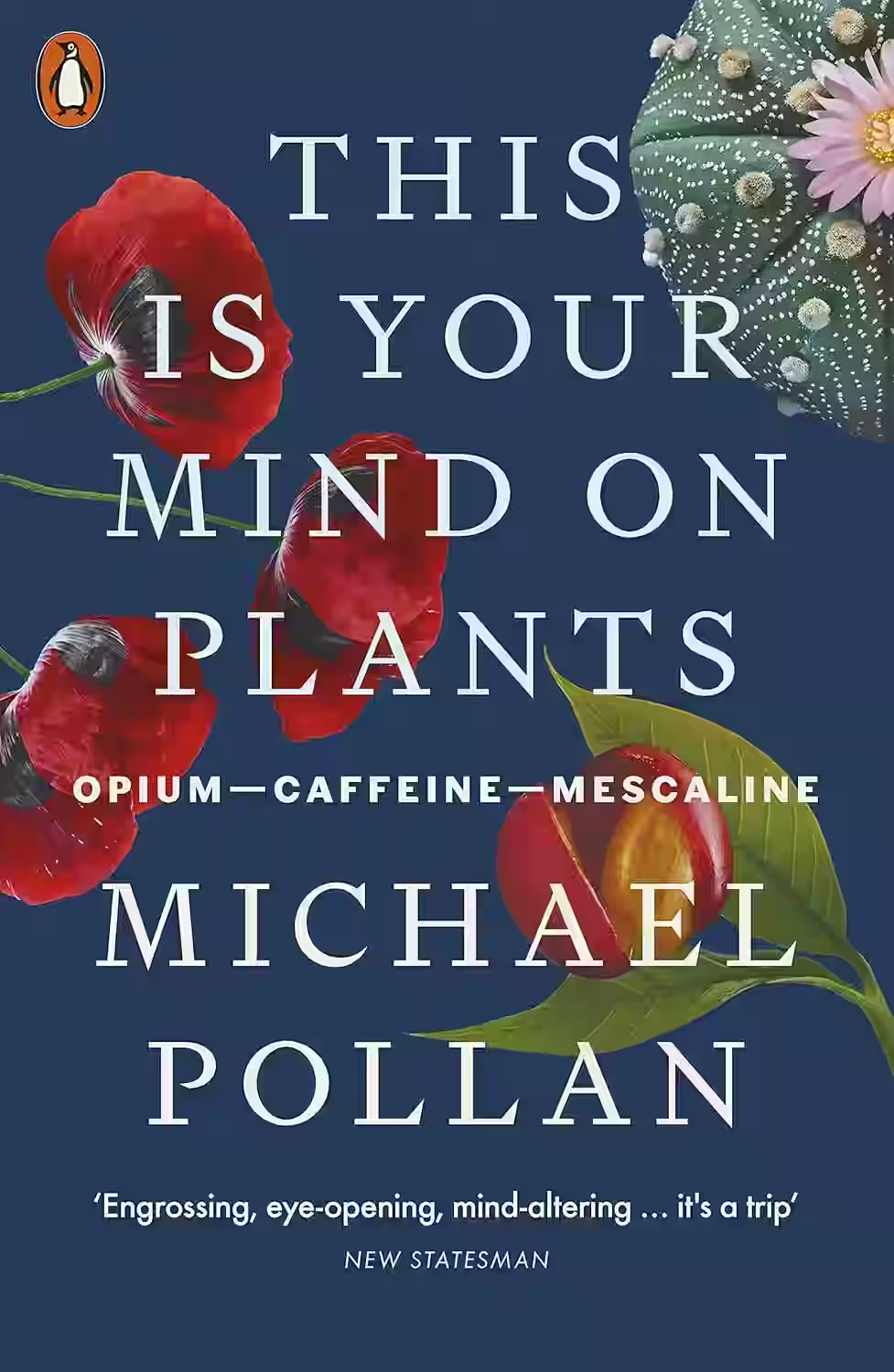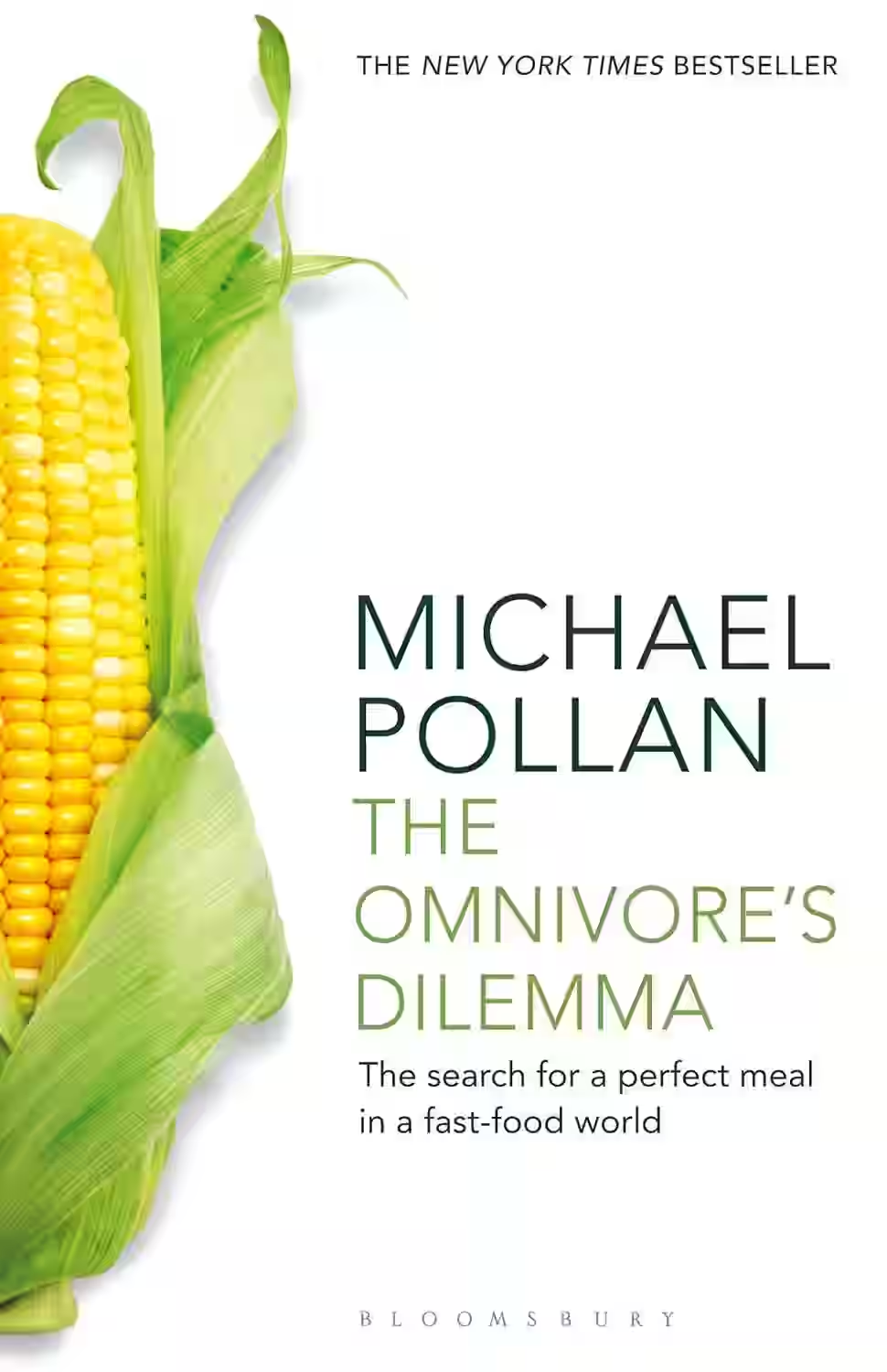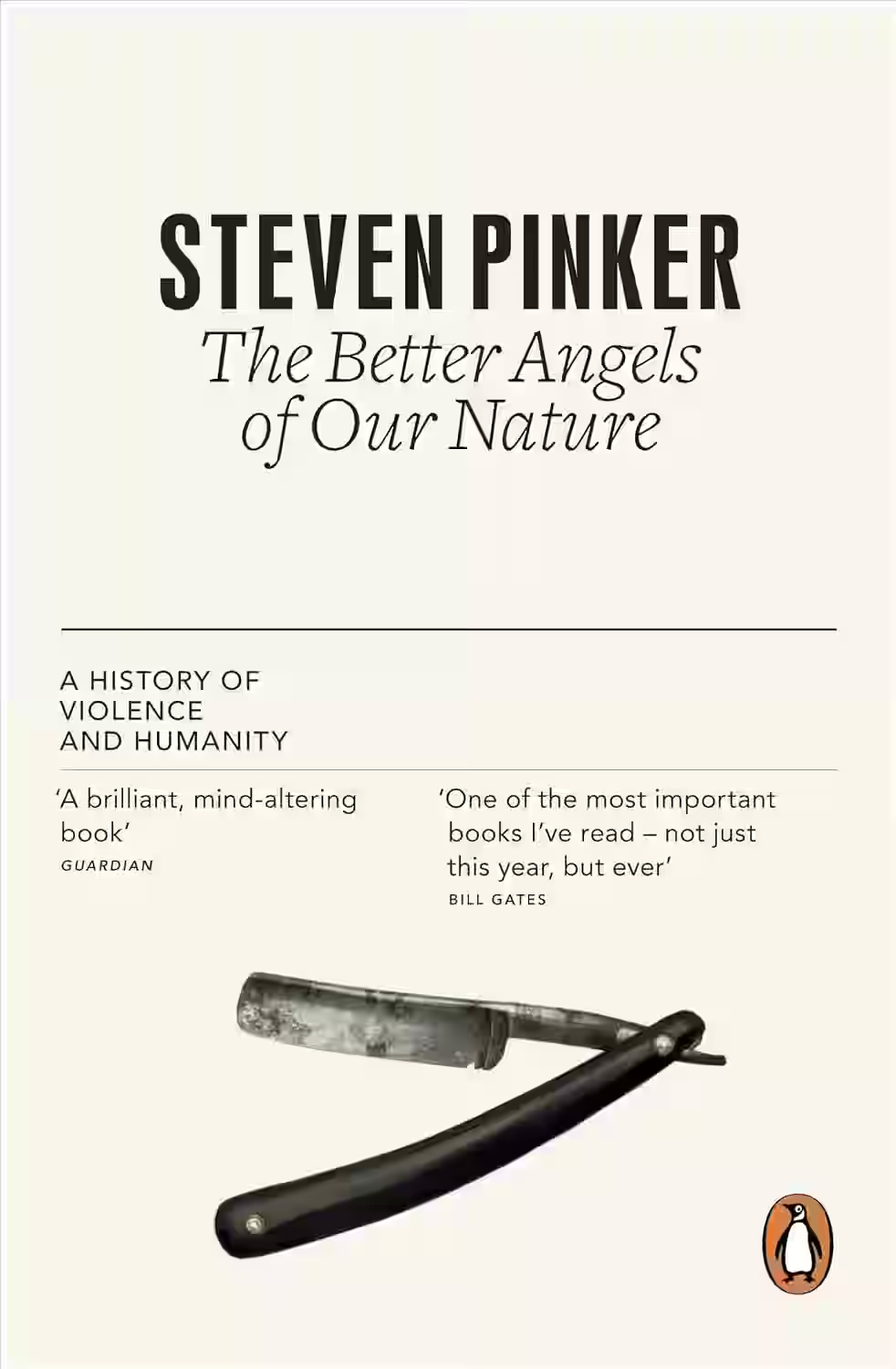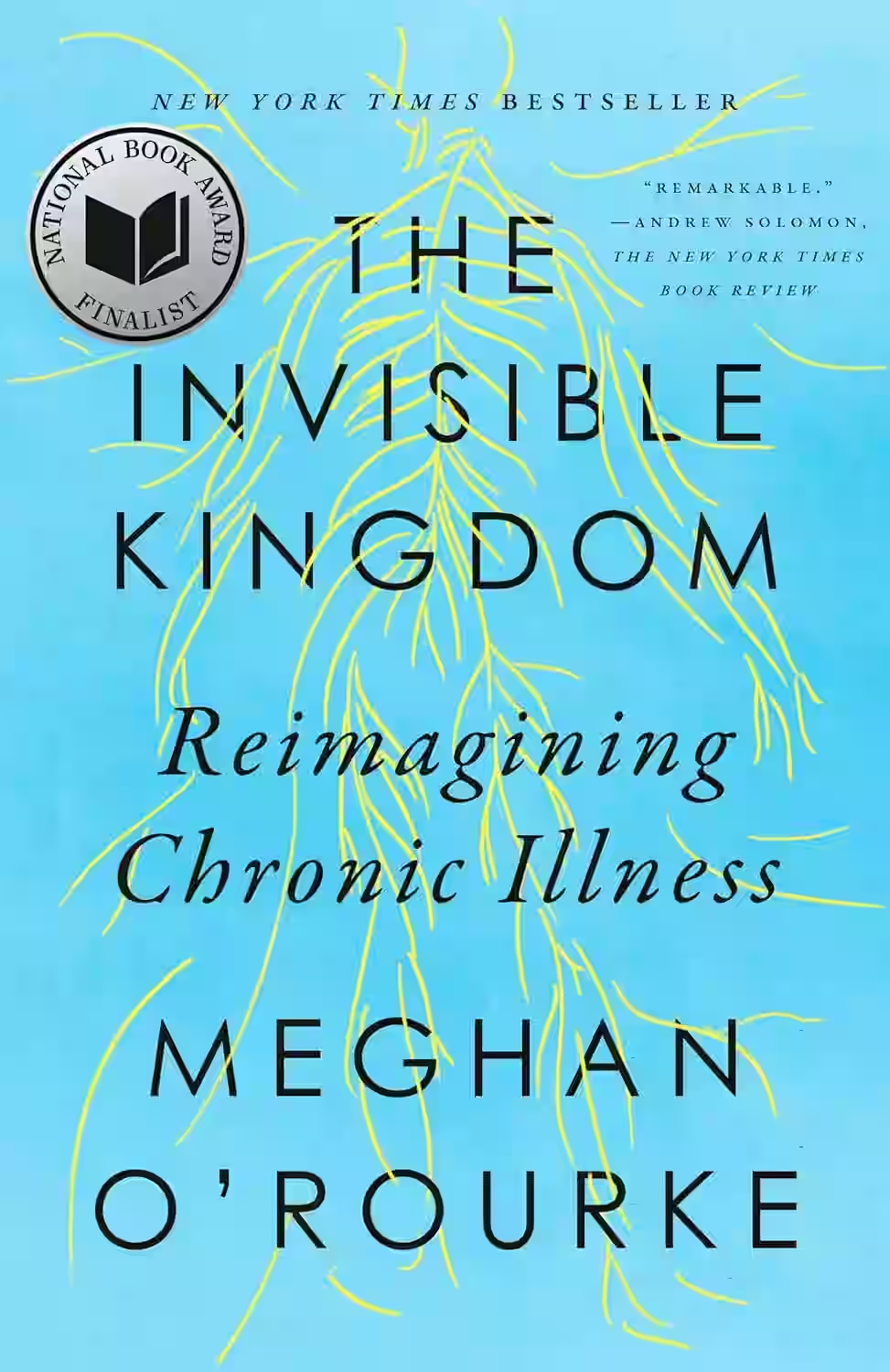
In this thought-provoking exploration, Michael Pollan investigates three psychoactive plants—opium, caffeine, and mescaline—and their impact on human consciousness and culture. Combining science, history, memoir, and journalism, Pollan examines how these substances have shaped societies, laws, and lives. He dives into our complex relationships with drugs: how we define them, why we fear or embrace them, and what they reveal about our minds. With curiosity and clarity, This Is Your Mind on Plants challenges our assumptions about legality, morality, and perception, offering a nuanced look at how plants have influenced the human experience.
About Michael Pollan
An American author and journalist known for his insightful explorations of the relationship between humans and the natural world, particularly concerning food and agriculture. His influential books, such as The Omnivore's Dilemma and In Defense of Food, examine the complexities of the modern food system and advocate for more mindful and sustainable eating habits. Pollan's engaging writing and thorough research have made him a prominent voice in discussions about food and the environment.
Other Books by Michael Pollan

The Omnivore's Dilemma
What shall we have for dinner? Such a simple question has grown to have a very complicated answer. We can eat almost anything nature has to offer, but deciding what we should eat stirs anxiety. Should we choose the organic apple or the conventional? If organic, local or imported? Wild fish or farmed? Low-carb or low-cal? As the American culture of fast food and unlimited choice invades the world, Pollan follows his next meal from land to table, tracing the origin of everything consumed and the implications for ourselves and our planet. His astonishing findings will shock all who care about what they put on their plate.
Similar Books

The Song of the Cell
In The Song of the Cell, Pulitzer Prize–winning author and oncologist Siddhartha Mukherjee takes readers on a fascinating journey into the world of cell biology. From the discovery of the cell to cutting-edge developments in regenerative medicine and immunotherapy, Mukherjee explains how our understanding of cells shapes the future of medicine. Blending science, history, and narrative, he makes complex topics accessible without sacrificing depth. The book is both a celebration of scientific discovery and a meditation on what it means to be alive. The Song of the Cell is essential reading for anyone interested in biology, medicine, or the future of health.

The Better Angels of Our Nature
In The Better Angels of Our Nature, cognitive scientist Steven Pinker argues that, contrary to popular belief, violence has declined significantly over human history. Drawing on data from psychology, history, and political science, Pinker examines how societal changes—such as the spread of literacy, trade, and centralized governance—have contributed to a more peaceful world. He identifies forces like empathy, reason, and moral progress as "better angels" guiding human behavior. Though controversial, the book provides a compelling, data-driven narrative that challenges pessimistic views of human nature and makes a bold case for the progress of civilization over the centuries.

QED: The Strange Theory of Light and Matter
Nobel laureate Richard P. Feynman unravels the revolutionary science that earned him the prize with his signature lucid and witty style. Quantum electrodynamics, or QED, is the theory explaining the intricate interactions between light and electrons, illuminating the deepest mysteries of our universe. Celebrated for its accuracy and enduring validity, QED, thanks to Feynman and his colleagues, stands as a cornerstone of modern physics. Through engaging everyday examples, Feynman delivers the definitive and accessible introduction to this profound theory.

The Invisible Kingdom: Reimagining Chronic Illness
Meghan O'Rourke's insightful and deeply personal exploration delves into the often-misunderstood world of chronic illness, blending memoir with cultural analysis and scientific inquiry. She examines the challenges of diagnosis, the limitations of the medical system, and the search for meaning and community while living with invisible and often debilitating conditions.